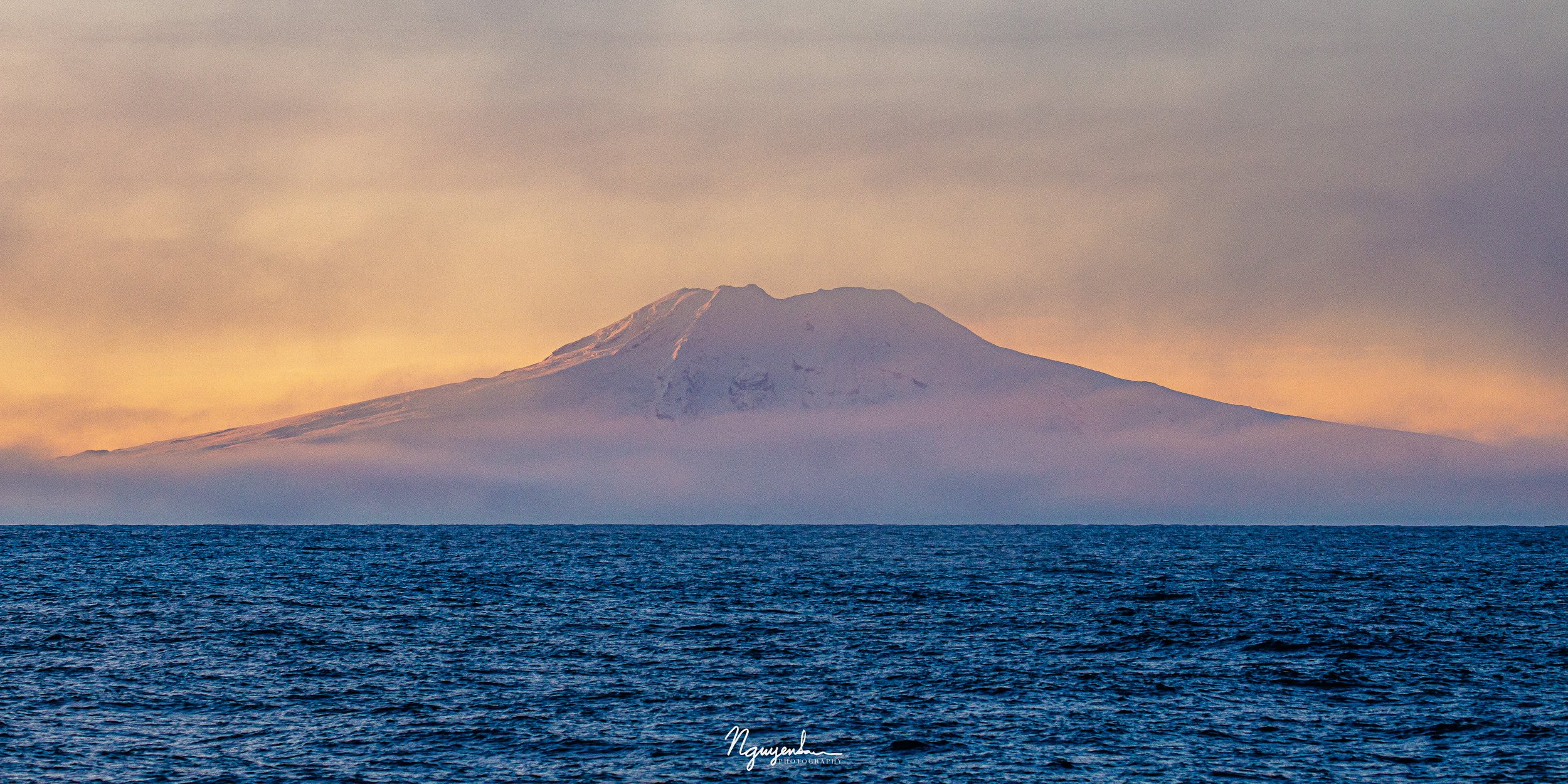What is your background and what are you working on at the moment?
I have a bachelors degree in Mathematics and Physics with a minor in computer science from the University of Puget Sound, and came to Scripps as a graduate student in the physical oceanography program. Though I actually didn’t finish that, but instead continued on with the MOD group as an engineer. I work on many different projects, from the towed phased array sonar (T-pads) to our winches to the various acquisition systems for our instruments.
What keeps you excited and interested in working in the field of oceanography?
The research and development of new instrumentation is always interesting. It’s an exploration, “what can we measure?”, and pushing the boundaries of what we think we can do in the field, that is what keeps me excited. Don’t get me wrong, it can be a lot of work, but there’s also this amazing opportunity to go out and see the world and try to understand it from different perspectives. And it is not just about understanding it better, it is also about making it better.
When you were a kid, did you expect to be an engineer?
I’ve always liked to tinker with things and explore the world in terms of machinery and such, so in a way I’m not surprised I ended up doing engineering work. It was my father who opened my eyes to these kinds of things, “what can you break and then put back together and make it better?” That’s how you learn.
Were there any particular things from your childhood that drew you to study the ocean and make gadgets?
The natural environment is something I enjoy a lot and I think I’ve always had that. To get to learn about it, to travel and explore and to make gadgets to help understand it better, it’s the best of many worlds.
What skills or abilities do you think are useful when going into oceanography and becoming a member of the engineering development team?
I think curiosity helps a lot. Being curious enough to go out there and ask questions, why, how, and what can we do better? Unless you truly know how something works you will not be able to think critically about it and understand where the opportunities and limitations are. Also, don’t be afraid of failure. When you make a mistake, which is inevitable, you just have to learn from it. When breaking the frontier you will break some things. Take it as an opportunity to better understand what you’re working with.
T-Pads preparation on NORSE 2022
What does a typical work-day look like for you?
That depends. If you’re at sea you wake up, walk less than two minutes to the lab and you’re at work. You can find yourself doing anything from fixing something that broke while you were asleep, to be on watch and oversee the profiling instruments for example. And if you have a little bit of down time there’s always some other work to do, development, designing etc. If it’s a regular day on land it can be a bit more varied, mainly depending on if we’re preparing for a big cruise. If so there’s typically a lot of work to do packing and preparing instruments, those days are often long. I do a lot of the software in the group so I spend quite a bit of time coding. Since we design our own instruments from the ground up there is a lot of collaboration between the software, electrical and mechanical teams (even though we all do a little bit of everything), so that a normal week there are also a few meetings about what everyone is doing.
What drew you to Scripps?
Scripps is a very enjoyable environment to work in and MOD is the perfect place if you like research and development like I do. The collaboration between scientists and engineers and the amazing people in the MOD lab is quite something.
Is there a particular something or person that inspires you?
I grew up in a place of simplicity with our access to a lot of modern technology. My dad inspired me to understand how the machines we did have around us worked, I think I have a lot of my engineering side from him. But as a kid I also enjoyed the natural world a lot, being in nature, exploring. The ideal scenario is to be able to combine those two together: being able to help better understand and protect the natural world through the use of technology. There is also a mindfulness aspect to all of this that is inspiring to me, how everything is connected and go together.
Do you have a fun fact that you'd like to share that not everyone knows about you?
Let me think… I do love taking a lot of photographs, but that’s not really a secret. Some of my photos can be found here. I also love to garden and am getting pretty good at composting, but that’s also something a lot of people know. I am a recent first-time dad, I guess that is a fun fact. Becoming a dad has actually gotten me to think a lot about what kind of world I want to build for my son. I wish we lived in a society that was more mindful with our resources, that thought more about the carbon footprint of various things, where our food comes from, how everything is connected etcetera. I want to use the time I have here, and all the opportunities I’ve been fortunate enough to have, and make good use of them to help inspire the next generation to do and be better.
Jan Mayen
Tromsø, Norway
Written by Kerstin Bergentz




